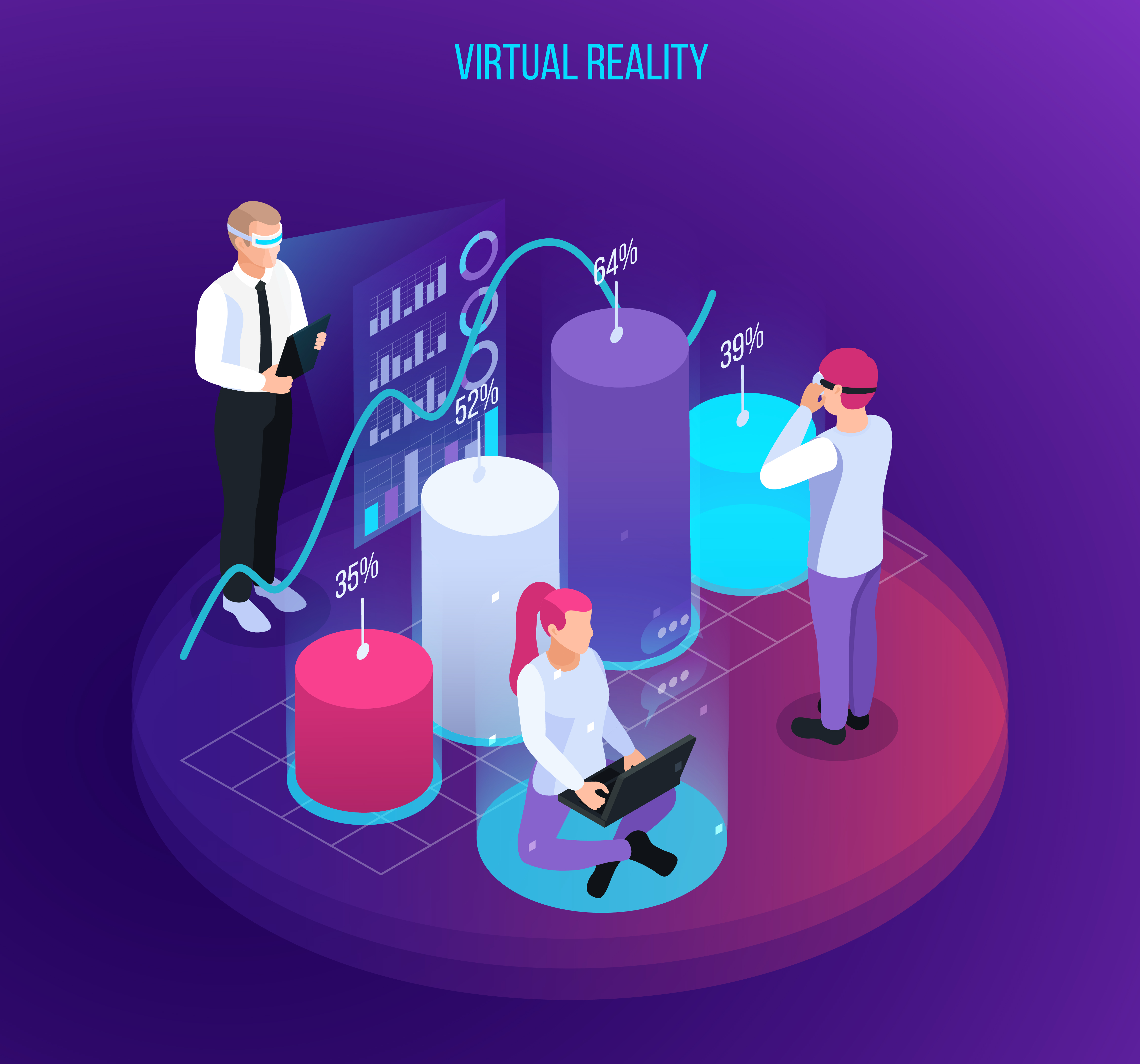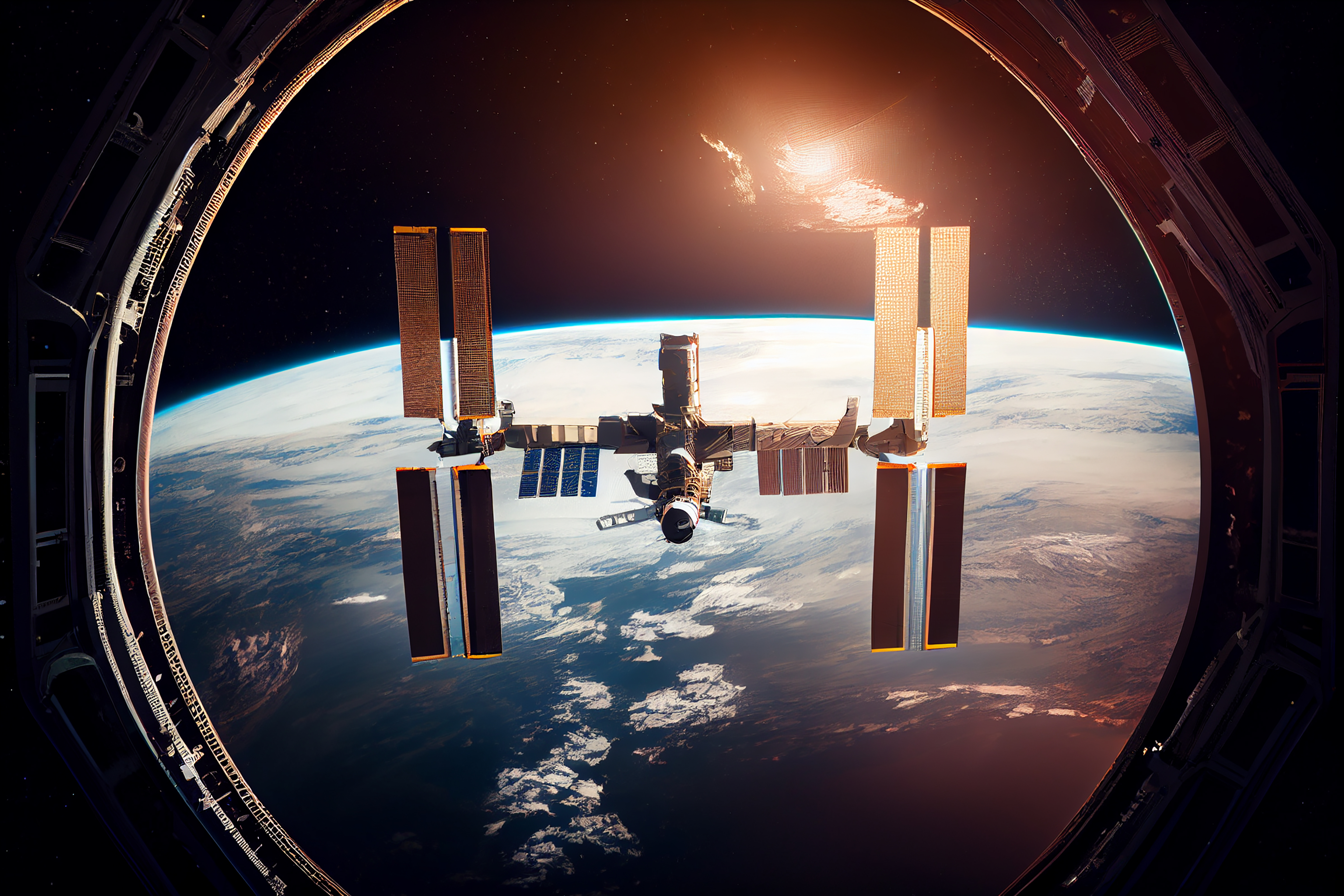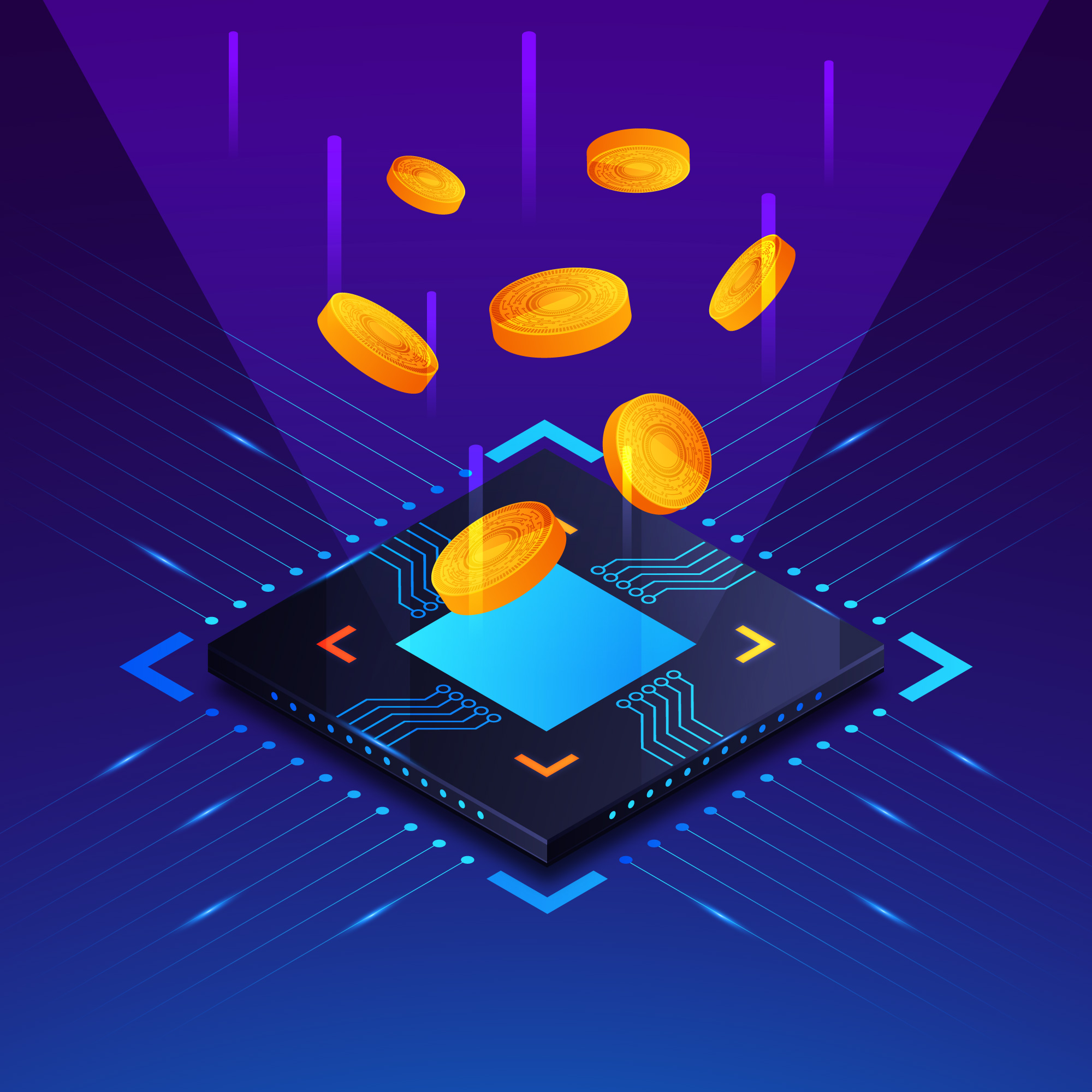The Rise of Artificial Intelligence
Artificial intelligence (AI) is revolutionizing industries worldwide, driving innovation and efficiency across multiple sectors. From healthcare to finance, AI is reshaping how businesses operate and how individuals interact with technology.
🚀 AI’s Impact on Different Industries
AI has made significant advancements in various domains, including:
- Healthcare: AI-driven diagnostics and predictive analytics help doctors detect diseases early, improving patient outcomes.
- Finance: Automated trading, fraud detection, and risk assessment powered by AI optimize financial decision-making.
- Education: AI-driven platforms personalize learning experiences, adapting content to students’ needs.
- Retail & E-commerce: AI enhances customer experiences through recommendation engines, chatbots, and inventory management.
- Manufacturing & Automation: AI-powered robots and automation streamline production, reducing costs and increasing efficiency.
🤖 The Future of AI by 2025
By 2025, AI is expected to become even more sophisticated, impacting our daily lives in various ways:
- Smart Assistants: AI-powered virtual assistants will become more intuitive, understanding user intent with greater accuracy.
- Self-Driving Cars: Autonomous vehicles will be more common, making transportation safer and more efficient.
- AI in Medicine: AI-driven diagnostics will play a crucial role in early disease detection and personalized treatment plans.
- AI in Customer Service: Businesses will rely on AI-powered chatbots, reducing human intervention while improving response times.
- Predictive Analytics: AI will optimize decision-making in businesses, helping organizations foresee trends and plan strategically.
🛑 Ethical Concerns & Challenges
Despite AI's numerous benefits, it raises critical ethical and societal concerns:
🔍 Data Privacy & Security
AI relies on vast amounts of data, leading to concerns about data privacy, security breaches, and misuse of personal information.
⚖️ AI Bias & Fairness
AI algorithms can inherit biases from training data, leading to discriminatory decisions in hiring, lending, and law enforcement.
💼 Job Displacement & Workforce Transformation
AI and automation may replace certain jobs, requiring workforce reskilling and adaptation to new technologies.
🌍 AI & Government Regulations
Governments and organizations worldwide are working on policies to regulate AI development and ensure ethical AI usage. Key focus areas include:
- AI transparency & accountability
- Fair data usage policies
- Regulating AI in critical sectors like healthcare & finance
🔮 The Future of AI & Human Collaboration
Rather than replacing humans, AI is expected to work alongside people, enhancing productivity and efficiency. Businesses and individuals must embrace AI as a tool to augment human capabilities rather than as a threat.
🚀 AI is here to stay, and its potential to shape the future is limitless!
 Top Technology Trends 2025 – What’s Trending in Technology
Top Technology Trends 2025 – What’s Trending in Technology  Big Beautiful Bill: A New Tax Break for Social Security?
Big Beautiful Bill: A New Tax Break for Social Security?  iOS 26: Release Date, Supported iPhones, Beta, and Rumors
iOS 26: Release Date, Supported iPhones, Beta, and Rumors  Home Decor & Interior Design Ideas for a Beautiful 2025 Home
Home Decor & Interior Design Ideas for a Beautiful 2025 Home  Amazon Tariffs 2025: Tariff Cost Display Announcement & Political Insights
Amazon Tariffs 2025: Tariff Cost Display Announcement & Political Insights  Capital Summertime Ball 2025: The Ultimate Music Event of the Year
Capital Summertime Ball 2025: The Ultimate Music Event of the Year 





